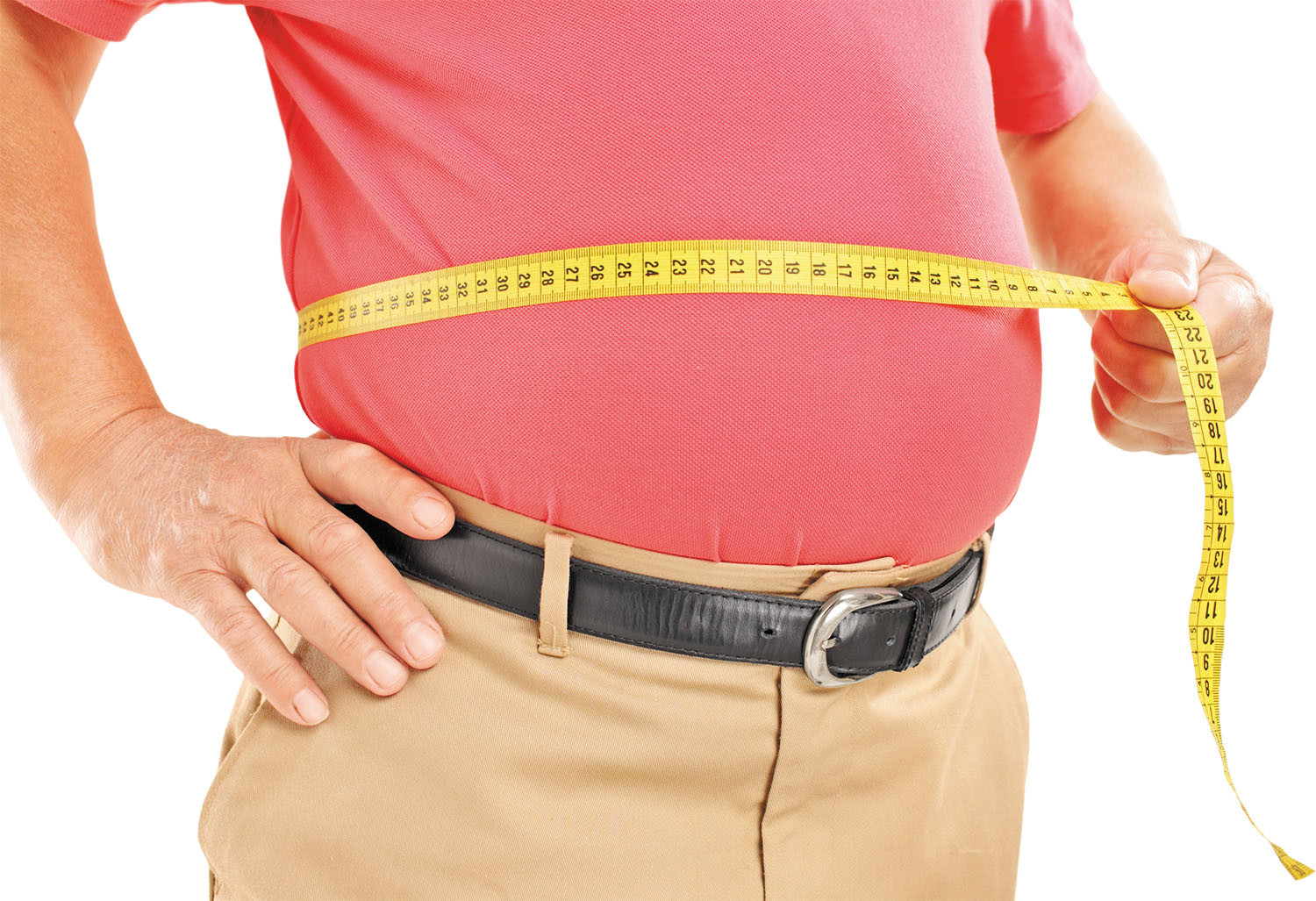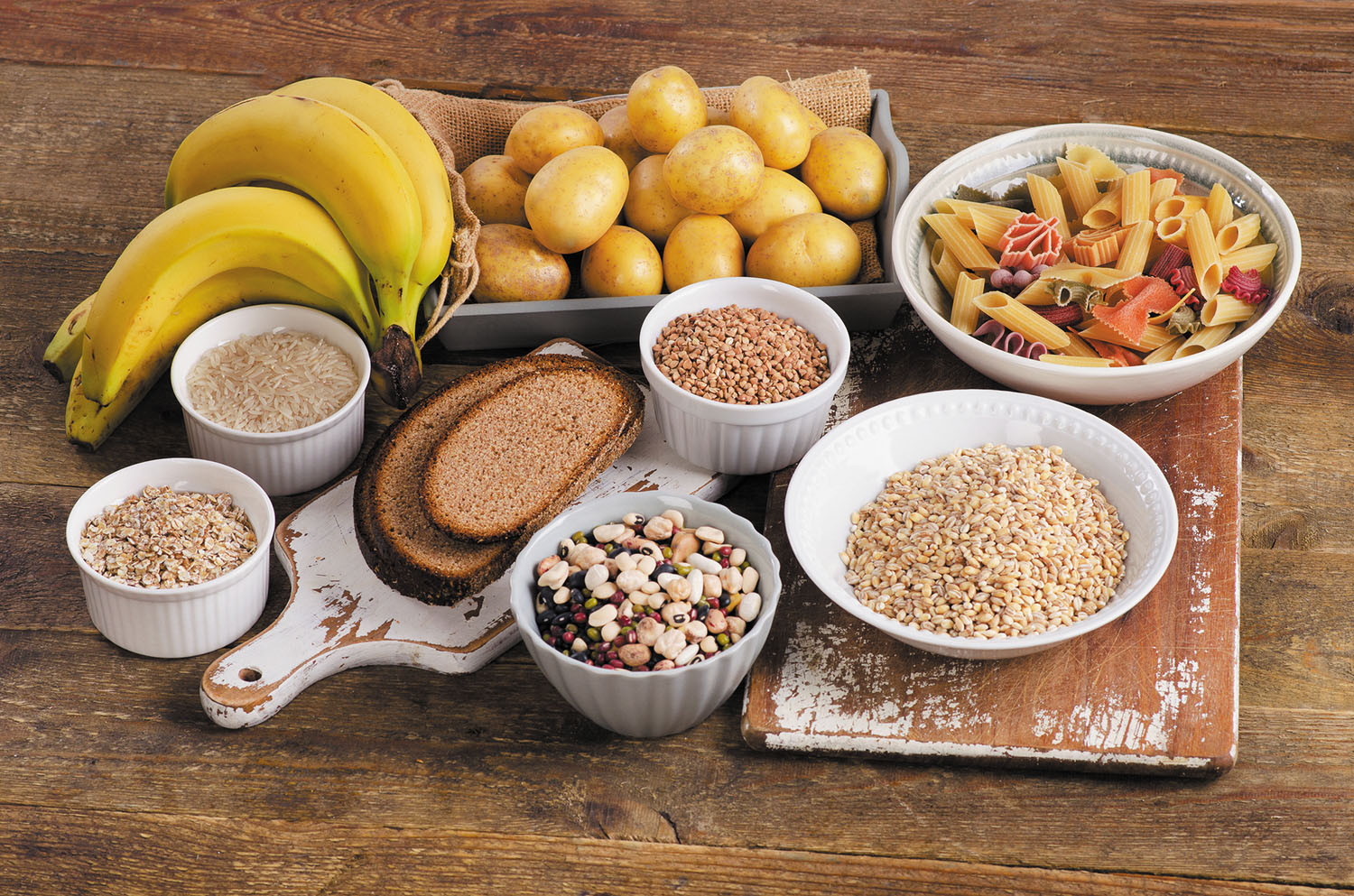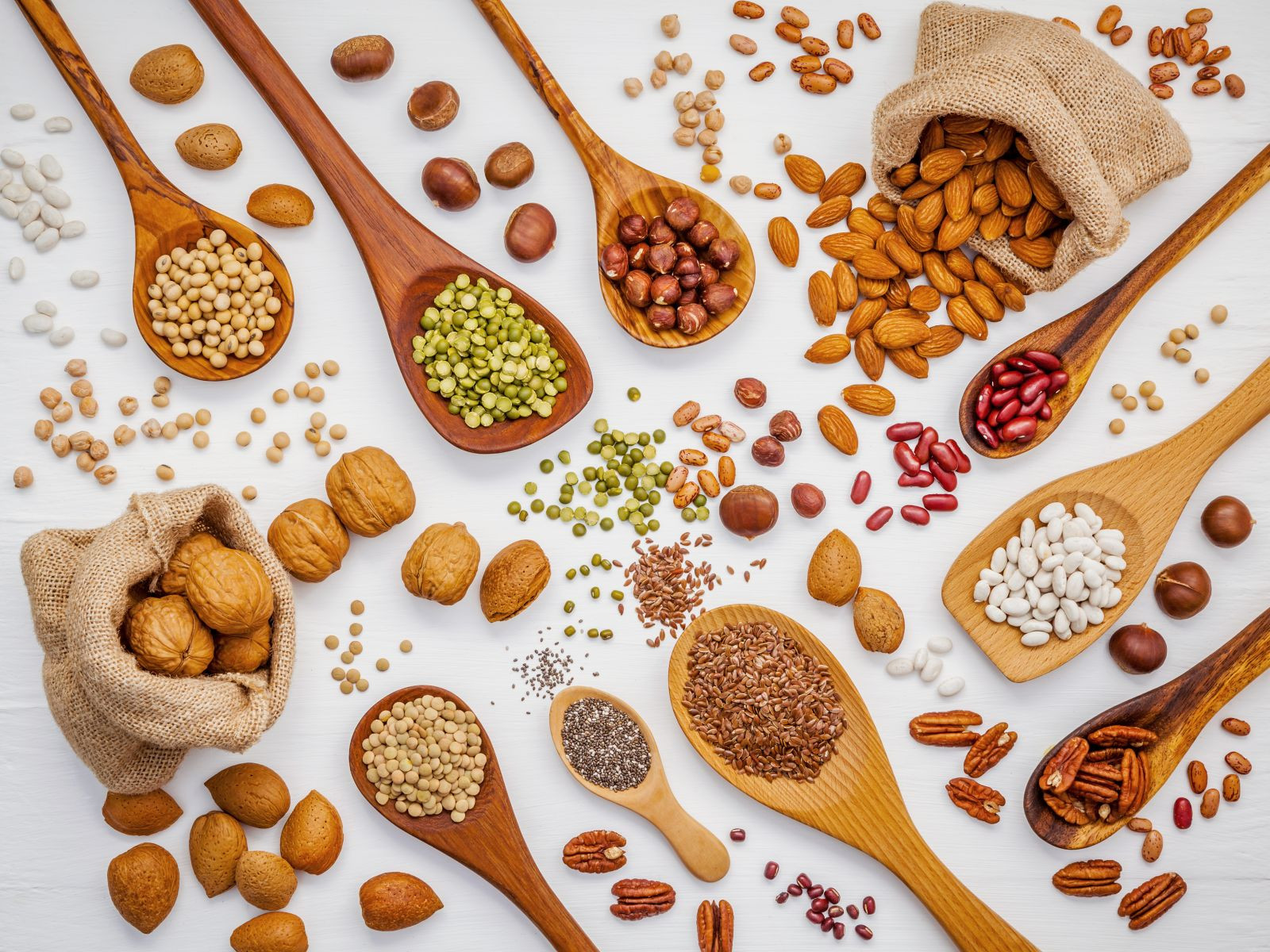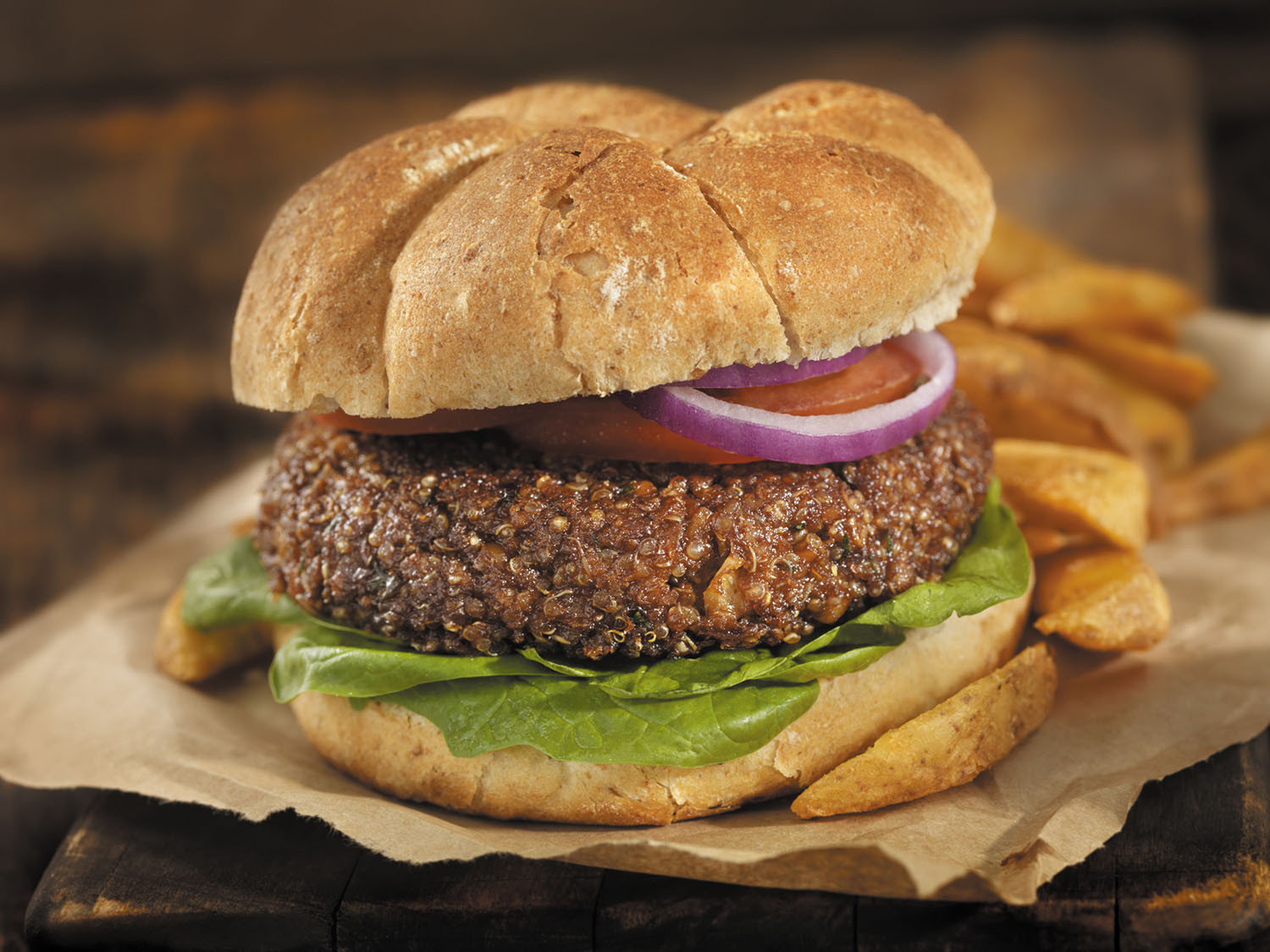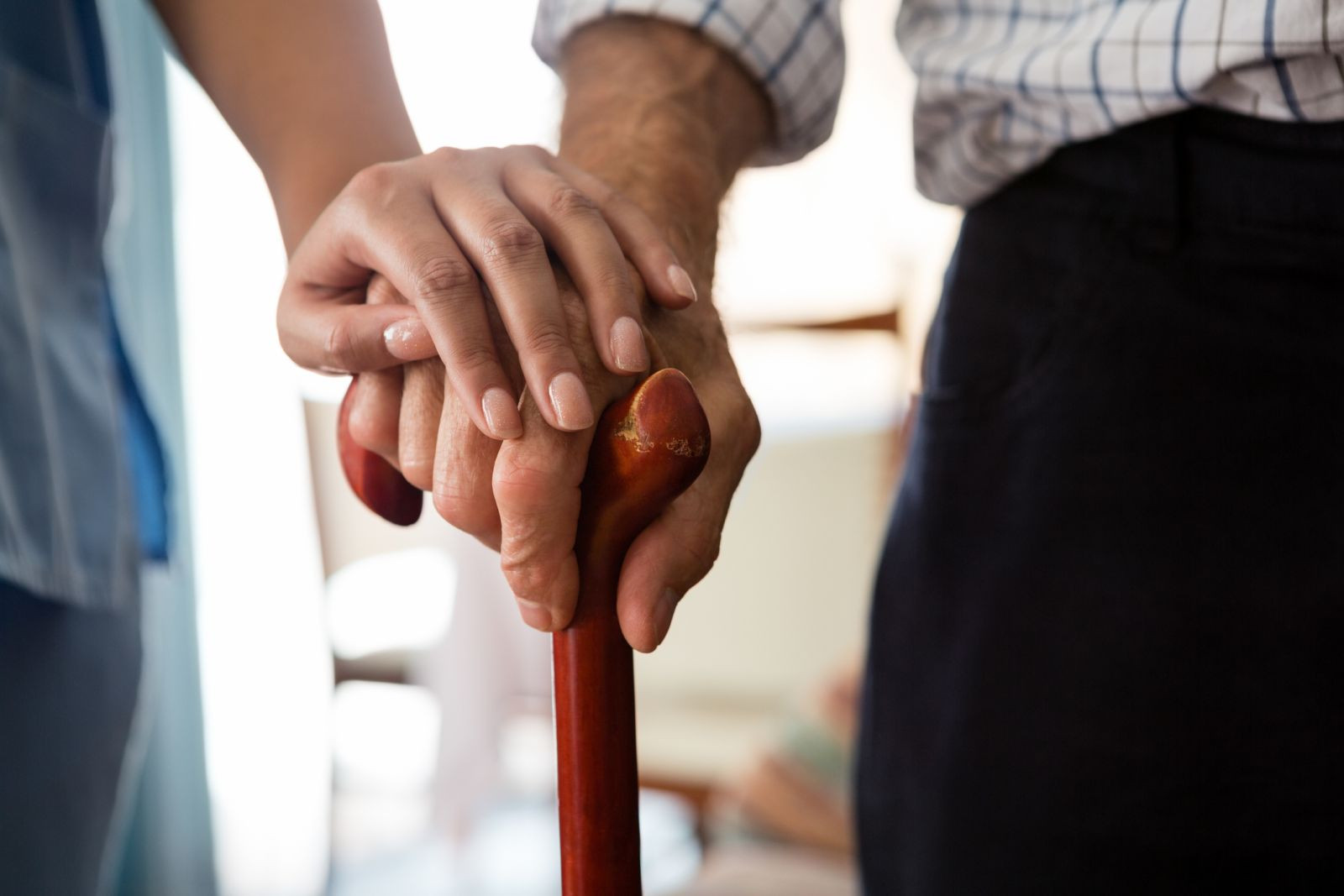
5 timeless habits for better health

What are the symptoms of prostate cancer?

Is your breakfast cereal healthy?

When pain signals an emergency: Symptoms you should never ignore

Does exercise give you energy?

Acupuncture for pain relief: How it works and what to expect

How to avoid jet lag: Tips for staying alert when you travel

Biofeedback therapy: How it works and how it can help relieve pain

Best vitamins and minerals for energy

Should you take probiotics with antibiotics?
Staying Healthy Archive
Articles
Fat at the waistline linked to increased fall risk
News briefs
Image: © Ljupco/Getty Images
Are you an apple or a pear? Older adults who carry their weight around their middle (in an apple shape) may have a higher risk for falls than people who carry their weight around their hips (in a pear shape), according to a study published online Feb. 9, 2018, by the American Journal of Preventive Medicine. An apple shape is known as central obesity. When researchers looked at the two-year fall histories of about 3,400 people ages 65 or older, it turned out that people with central obesity were 37% more likely to fall than people who didn't have central obesity. Scientists speculate that the increased risk was the result of a higher center of gravity for the people with central obesity. Also noteworthy: some people had a normal body mass index (a measure that takes into account both your height and weight), even though they also had central obesity (a big belly). The study was only observational and doesn't prove that central obesity causes falls. But we already know that a large waist is associated with a higher risk for developing heart disease, stroke, and diabetes. Men should aim for a waist circumference less than 40 inches, and women should aim for less than 35 inches.
Baby boomers: Don’t forget hepatitis C screenings
News briefs
Baby boomers are falling short in getting hepatitis C screenings. In 2012, the CDC urged the entire generation of people born from 1945 to 1965 to get this simple blood test, noting that baby boomers are five times more likely to have the virus than other adults. But a study published online March 27, 2018, by the journal Cancer Epidemiology, Biomarkers & Prevention found that only about 13% of baby boomers had been tested by 2015, up just one percentage point from 2013. The information came from national government health surveys. Hepatitis C can lead to cirrhosis, liver damage, liver cancer, and liver failure. Treatments are now available that can cure hepatitis C, if it's caught early enough. Baby boomers are believed typically to have become infected in the 1960s through the 1980s, when transmission of hepatitis C was highest. People at highest risk are those who have used intravenous drugs, had more than one sex partner, or received a blood transfusion before 1992, when the blood test for hepatitis C was first available.
Image: © juststock | GettyImages
The smart way to look at carbohydrates
While the low-carb diet trend is still going strong, experts suggest you pay more attention to quality, not quantity.
Image: © bit245/Getty Images
Over the years, carbohydrates have become nutritional villains. It seems everywhere you look, people advise you to watch carbs, cut carbs, or go low-carb. But you need carbs — and more than you may think.
Dietary carbs provide the body's primary energy source, glucose, which fuels everything you do, from breathing to thinking to running.
Something in the air
How can you protect yourself from air pollution?
Every day, you inhale thousands of gallons of air — mostly nitrogen, oxygen, and a smattering of other gases. But that air also may contain tiny particles spewed from power plants, factories, and vehicles — commonly known as air pollution.
"Air pollution" refers to particulate matter (PM), the mixture of solid particles and liquid droplets found in the air. Some particles, such as dust, dirt, soot, or smoke, are large or dark enough to see, while others are microscopic in size. Most studies on air pollution focus on PM2.5, which are inhalable particles less than 2.5 microns in diameter.
The ears have it
Remember to take care of your hearing, like any other aspect of your health.
When you plan your next series of maintenance health tests, don't forget your ears. An ear and hearing exam is not something that needs to be done every year, but you should be aware of changes that could signal serious problems.
"At the very least, a baseline evaluation can help, so you can monitor changes if your hearing declines," says Dr. Stephen W. Hill, an audiologist at Harvard-affiliated Massachusetts Eye & Ear.
Eating more of some dietary fats can fight heart disease
In the journals
Choosing better sources of fat can go a long way toward preventing heart disease, according to research recently presented at the American Heart Association's Epidemiology and Prevention — Lifestyle and Cardiometabolic Health Scientific Sessions 2018.
The research team analyzed data from 63,412 women from the Nurses' Health Study and 29,966 men from the Health Professionals Follow-up Study. Both studies used detailed food-frequency questionnaires administered every four years to evaluate the participants' diets. During an average 22 years of follow-up, there were 20,672 deaths among participants — 4,588 of them from heart disease.
Does a vegetarian diet automatically help you lose weight?
Ask the doctors
Image: © Lauri Patterson/Getty Images
Q. My sister insists that I will automatically lose weight if I become a vegetarian. Is this true?
A. While switching to a vegetarian diet can bring health benefits, including weight loss, it doesn't always. After all, cupcakes, cookies, and candy are technically vegetarian foods — but not necessarily ones that will improve your health or help you shed pounds. That said, a well-constructed and healthy plant-based vegetarian diet can help you lose weight over time, provided you make good food choices and reduce the number of calories you normally eat. The USDA notes that a healthy vegetarian eating plan includes a variety of nutrients, including protein sources to make up for meat options you are cutting out. Some good substitutions are beans, nuts, and soy products. Beyond making sure you get the right combination of nutrients, also focus on portion size and calories if you are looking to lose weight. Ultimately, keep in mind that a vegetarian diet, like any other, may help you lose weight, but it can also result in weight gain if you take in more calories than you burn off on a regular basis.
Mini workouts can add up to better health
Research we're watching
Image: © RoBeDeRo/Getty Images
Good news for people who struggle to find time for exercise: every little bit matters, even if your "workout" is broken up throughout the day. To come to this conclusion, researchers who published their results March 23 in the Journal of the American Heart Association looked at data from 4,840 people ages 40 and older who participated in the National Health and Nutrition Examination Survey from 2003 to 2006. People who spent the shortest amount of time in moderate or vigorous activity — 20 minutes or less daily — had the highest risk of dying during the roughly six-year follow-up period. But those who got at least an hour of moderate or vigorous activity cut that risk in half, and those who got at least 100 minutes a day cut their death risk by 76%. And they didn't have to get those 100 minutes all at once. Even short bursts of activity at different points in the day added up to reduced risk.
Are weight-loss drugs worth trying?
Image: Bigstock
Newer medications, which may be safer than earlier drugs, have expanded the options for treating obesity.
Obesity is now considered more than a risk factor for other conditions; it's a disease itself. It has been the subject of intense scientific and medical research to develop effective treatments. But the quest has been elusive.
Alzheimer's guide: Protect your loved one from wandering
One of the most dangerous and distressing symptoms of Alzheimer's is wandering. It may seem unfathomable that a person might suddenly get up at night to go to the post office or leave home at any hour for no apparent reason. But wandering may be prompted by deep-seated memories of work, chores, or hobbies, or a longing to return to a former home.
The inability to control wandering is what often drives families to decide to place a loved one in a nursing home. However, there are some simple measures to prevent wandering that often work well for a time and can even help postpone that difficult decision.

5 timeless habits for better health

What are the symptoms of prostate cancer?

Is your breakfast cereal healthy?

When pain signals an emergency: Symptoms you should never ignore

Does exercise give you energy?

Acupuncture for pain relief: How it works and what to expect

How to avoid jet lag: Tips for staying alert when you travel

Biofeedback therapy: How it works and how it can help relieve pain

Best vitamins and minerals for energy

Should you take probiotics with antibiotics?
Free Healthbeat Signup
Get the latest in health news delivered to your inbox!
Sign Up
